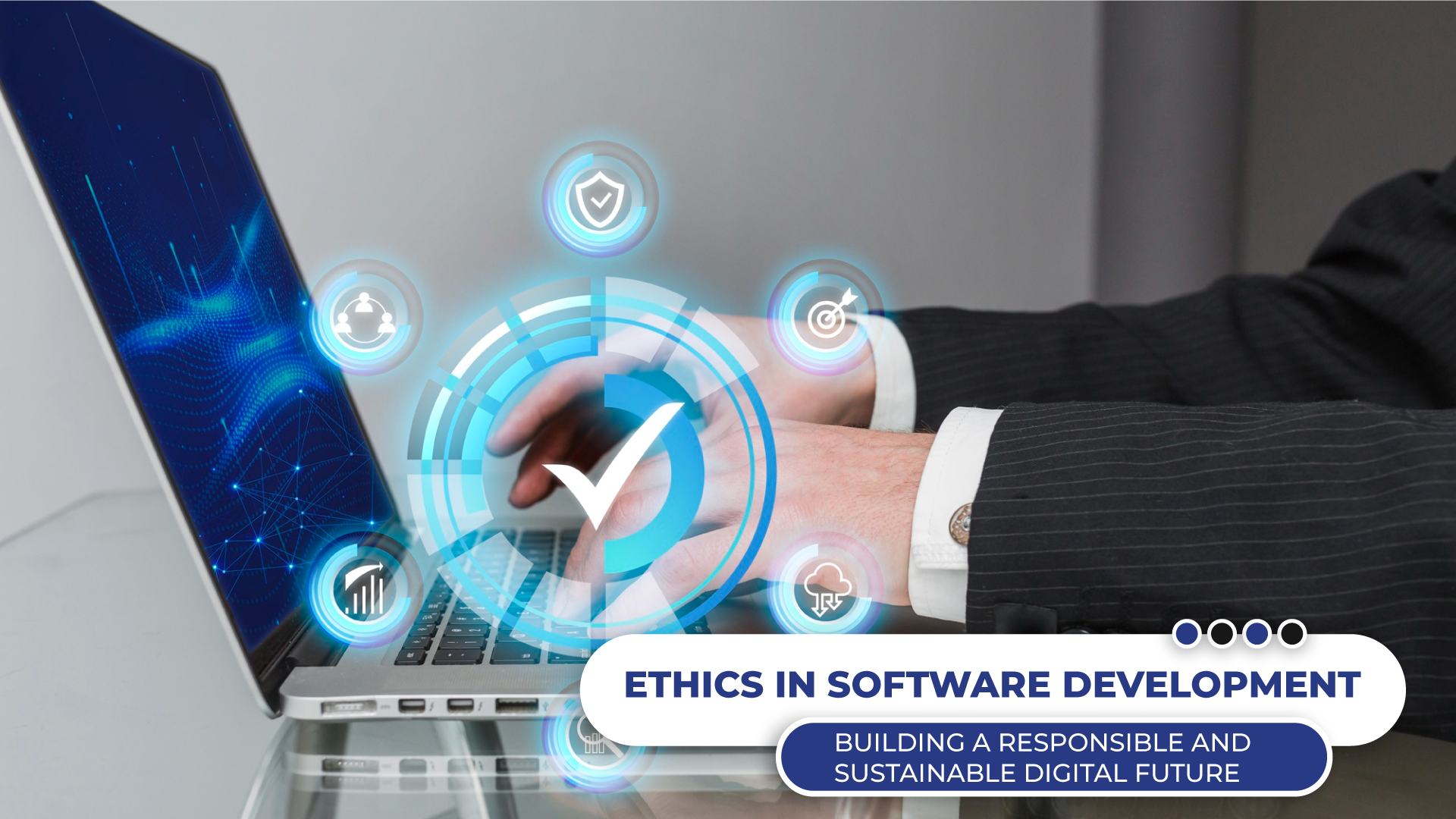
Ethical Tech: Addressing Bias and Diversity in Software Development
The Importance of Ethical Tech Ethical tech practices are essential for ensuring that technology serves the needs of all users and respects their rights and values. From protecting user privacy and data security to combating algorithmic bias and promoting diversity in tech, ethical considerations are integral to building trust and maintaining the integrity of technology products and services. By prioritizing ethical tech practices, organizations can mitigate risks, build stronger relationships with users, and create a more equitable and inclusive digital ecosystem. Understanding Bias in Software Development Bias can manifest in various forms throughout the software development lifecycle, from data collection and algorithm design to user interface and decision-making processes. Whether it's biased training data that reinforces stereotypes or algorithms that inadvertently discriminate against certain groups, bias can have far-reaching consequences for individuals and communities. Left unchecked, biased technology can perpetuate inequality, reinforce systemic biases, and harm marginalized groups. Lack of Diversity in Tech One of the root causes of bias in software development is the lack of diversity in the tech industry. Despite efforts to promote diversity and inclusion, women, people of color, and other underrepresented groups remain significantly underrepresented in tech roles. This lack of diversity not only perpetuates existing biases but also limits the perspectives and experiences represented in technology products and services. To address bias effectively, it's essential to foster diverse and inclusive teams that reflect the diversity of the user base. Promoting Inclusivity and Fairness Promoting inclusivity and fairness in software development requires a concerted effort from all stakeholders, including developers, designers, product managers, and executives. Organizations can take several steps to address bias and promote diversity in tech, including: Diversifying the Workforce: Actively recruiting and retaining diverse talent from underrepresented groups, including women, people of color, LGBTQ+ individuals, and individuals with disabilities. Training and Education: Providing comprehensive training and education on bias awareness, diversity, and inclusion for all employees, with a particular focus on those involved in decision-making and product development. Auditing and Accountability: Conducting regular audits of algorithms and software systems to identify and address bias, and establishing clear accountability mechanisms for addressing instances of bias and discrimination. Community Engagement: Engaging with diverse communities and stakeholders to gather feedback, understand their needs and concerns, and incorporate their perspectives into the design and development process. Transparency and Accountability: Being transparent about the data sources, algorithms, and decision-making processes behind technology products and services, and holding organizations accountable for addressing bias and promoting diversity. Conclusion: Building a More Ethical and Inclusive Future In conclusion, addressing bias and promoting diversity in software development is essential for building a more ethical, inclusive, and equitable future. By prioritizing ethical tech practices, fostering diversity and inclusion in the tech industry, and engaging with diverse communities and stakeholders, we can create technology that serves the needs of all users and reflects the rich diversity of the world we live in. As we continue to grapple with the ethical challenges posed by technology, it's crucial to remain vigilant, proactive, and committed to promoting fairness, justice, and equality in the digital age.